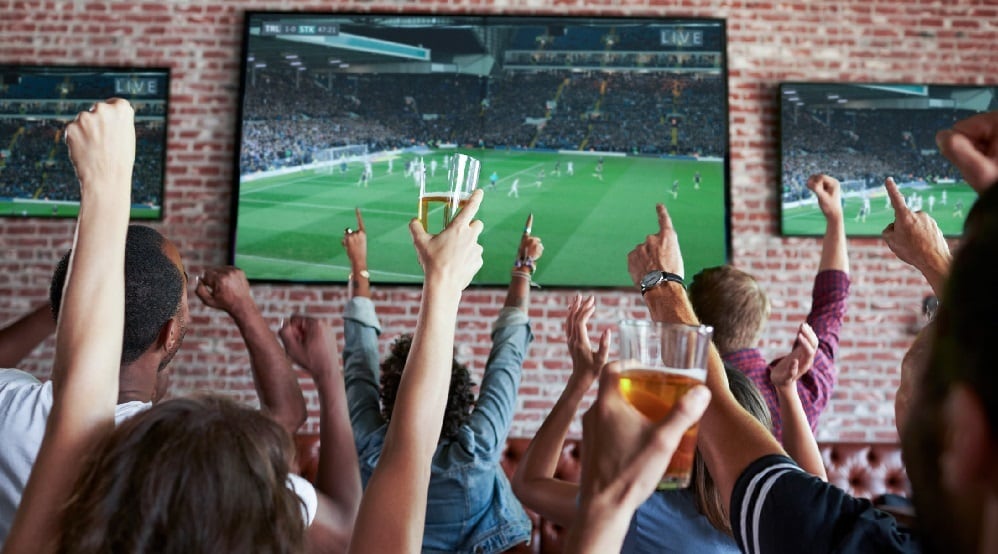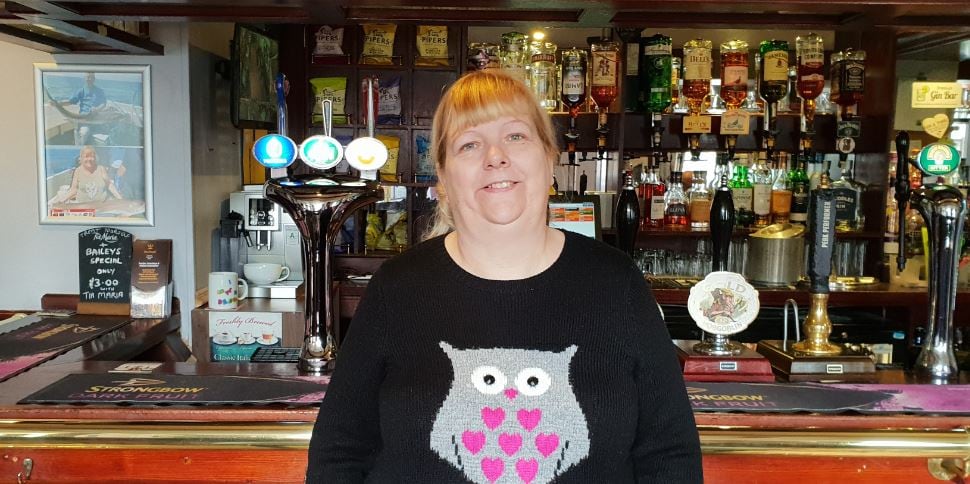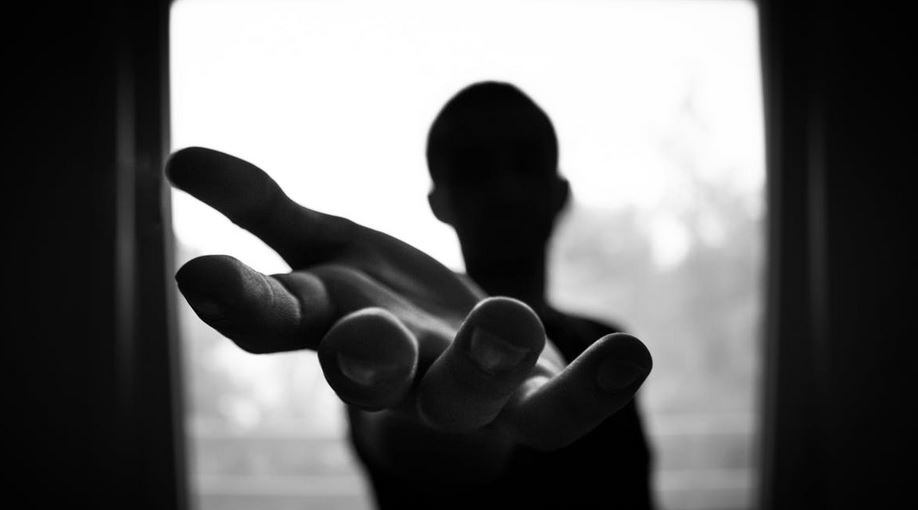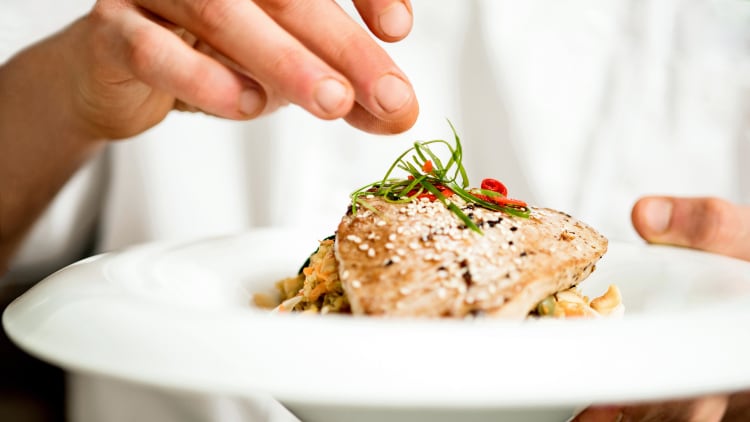Whether you’re cheering on your favourite football team or are simply enjoying a few drinks with friends, a sports orientated pub is a great place to soak up the atmosphere and catch all the latest action. After all, a visit to a football pub for a pre-match pint is a long-standing and cherished part of any matchday experience.
Situated in the heart of Hounslow, west London, Championship club Brentford is famously known for being the only English league football ground to have a pub on each corner – much more useful than corner flags some may argue.
Before the referee kicks off proceedings, football fans can wet their whistles at all pubs, the New Inn, the Royal Oak, and the Fuller’s owned Princess Royal and Griffin.

Hundred-year history
The football club also boasts a rich history that goes back more than a century after Fuller’s donated a nearby apple orchard to it, which became their Griffin Park home in 1904 – the name being a nod to Fuller’s Griffin Brewery.
To cater for punters wanting to soak up the atmosphere within a pub, O’Neill’s Irish Pubs & Bars up and down the country have “significantly invested” in improving the technology in their venues.
“We’re constantly looking at ways each experience can be enhanced, from teaming up with the likes of Match Pint to launching our Order at Table service so fans don’t have to miss any second of the match,” says an O’Neill’s spokesperson.
“We’ve also significantly invested in improving the technology in our pubs, technology that improves the atmosphere and produces that unique experience guests won’t be able to get at home.
“This includes installing bigger, better quality screens and improved speaker systems, elevating the big match feel many sports fans seek.”
‘Electric atmosphere’
Championing the importance of sporting events in pubs is Brigid Simmonds, chief executive of the British Beer & Pub Association (BBPA).
“When it comes to enjoying the huge excitement of a sporting event, only being at the game itself can compare to watching it in the pub,” Simmonds maintains.
“On top of an electric atmosphere, the pub also provides great beer and quality food, so customers can make a real occasion of going to watch the game.”
Simmonds adds that sport provides a “big boost” to pubs by helping to get people through the door, which is why sporting events are so well promoted by publicans.
“Week in and week out, many supporters gather at pubs throughout the UK to watch their favourite team,” Simmonds says.
“Pubs have always been the heart of the community, so when major events such as the 2018 World Cup bring the nation together, it makes sense that this happens in the pub.”
With football a clear front-runner in attracting punters – the beautiful game showcased on big screens boasts an atmosphere like no other – this was clearly evident in last summer’s FIFA World Cup held in Russia.
Gripped by ‘football fever’
The nation was gripped with ‘football fever’ as Gareth Southgate and his England side rekindled the nation’s love affair with its favourite sport. Nevertheless, for those fans who decided not to make the trip, the great British pub became the perfect hotspot and watering hole for fans in their millions to cheer on the Three Lions.
And, with the hottest summer on record for 40 years, breweries and pubs across the nation worked tirelessly to meet the demand of thirsty punters.
The BBPA predicted that England reaching the semi-finals would boost the beer trade by an extra 40m pints. However, even optimists among us wouldn’t have predicted the results for the industry. Perhaps it was the soaring temperatures, or maybe the trend to throw pints in the air in celebration, but ‘football fever’ led to an increase of 130m more pints last summer (June to August) than during the same period the year before according to the BBPA’s Sales Volume Survey of its members.
To put this into perspective, that’s enough beer to fill 30 Olympic-sized swimming pools or 500,000 bathtubs.
To accommodate the large influx of fans watching the World Cup, Paul Williams, landlord of the Duke of Wellington pub in Twyford, Reading, transformed his pub’s car park into a temporary garden with a large outdoor screen.
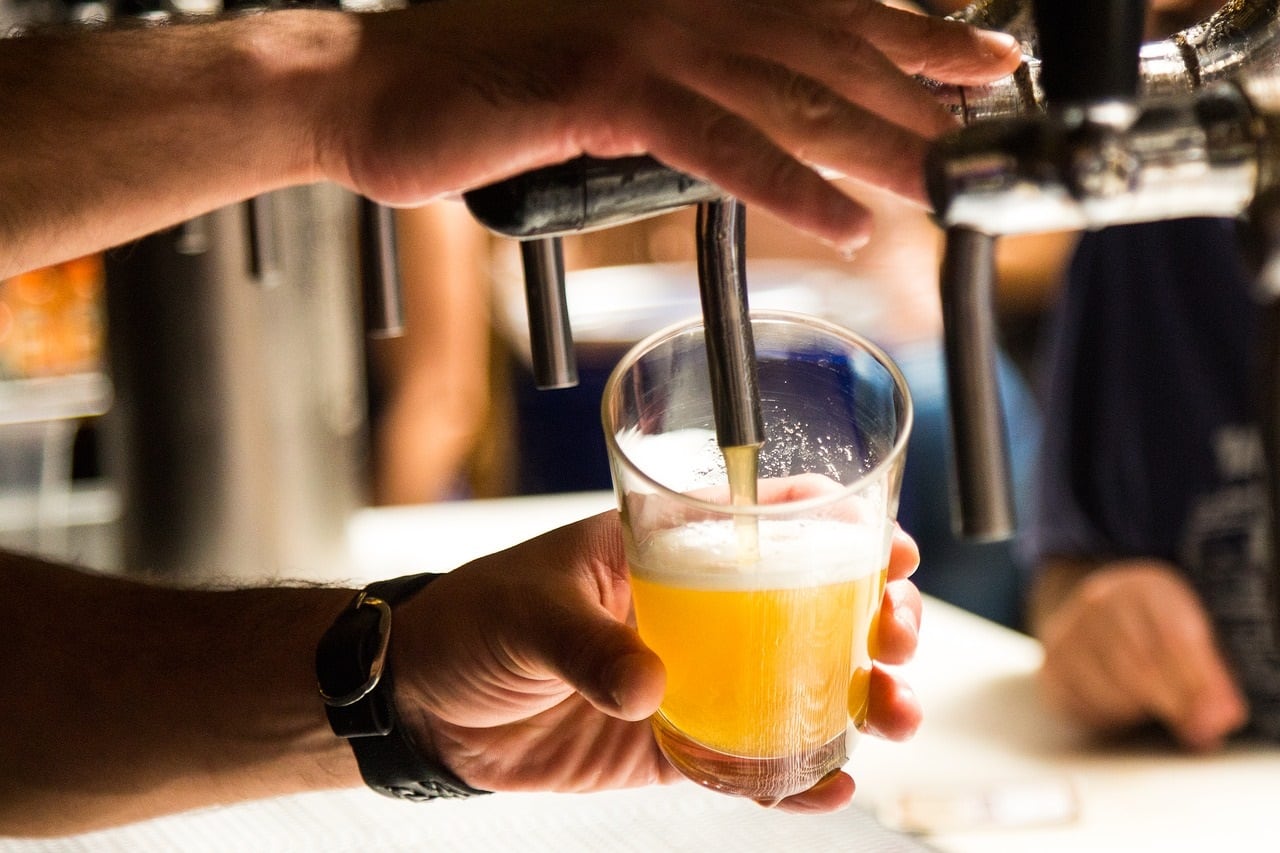
A good investment
According to Williams, the total cost of the transformation amounted to £1,900, but after promoting the changes on social media, he says the investment more than paid off.
“Trade was up significantly,” Williams says. “On a normal weekday we might take £1,000, but during England games we were hitting £6,000.”
Williams adds that the installation of a large sports screen has “significantly helped” to market the pub generally, as well as attracting new customers.
“We now attract customers from a wider area and continue to use the outside screen when weather permits for Premier League games.
“We’ve had an overall increase in trade since the World Cup, with many new faces enjoying the atmosphere and vibe of our pub.”
With sport now dominating screens in pubs across the UK, it makes you wonder – what were pubs like before their introduction?
Having their roots in the spread of Roman taverns, pubs have developed over the centuries to become the heart of British social life. However, it has not always been just the promise of froth topped pints that has lured British people out of the cold and into the cosy interior of the pub.
Gambling, gaming and betting one’s life on the flip of a coin have also been an integral part of the experience.
Changing ideas of fun
During the 18th and 19th centuries, British pubs were awash with grisly sports of blood lust and cruelty – with many of those establishments still standing today. The Dog & Duck in Soho, London, for example, now a friendly and accommodating watering hole, was once the site of ferocious games of duck baiting. Ducks were released into ponds with their wings constrained, so while they were able to float atop the water, they were incapable of flying away. A dog would then be released into the pond, and battle would commence.
Thankfully, entertainment has become a great deal more wholesome since those dark days.
Following initiatives like the Betting Gaming & Lotteries Act 1963, pubs have continued to clean up their image and brought in far more of a ‘family feel’, to the extent now that the only danger we face is cheering for the wrong team on the TV screen. “Come on you blu…sorry, reds.”

